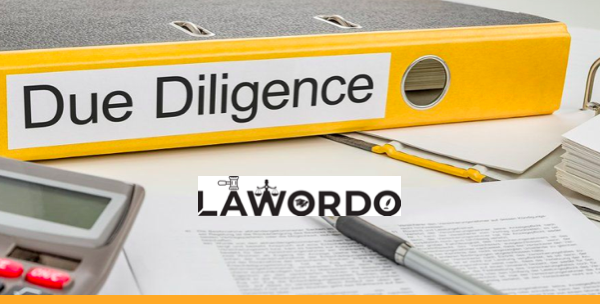Legal Documents To Check Before Buying Property
Legal Documents to Check before Buying Property
Before starting with the essential documents to check before buying a property, we shall throw light on some keywords :
Sale of Property:
Sale is a transfer of ownership in exchange for a price paid or promised or part paid and part promised. The transfer by way of sale of tangible immovable property of the value of rupee one hundred and above can be made by a registered instrument. The transfer by way of sale of tangible immovable property of the value of less than one hundred rupees may be made either by a registered instrument or by delivery of the property.
Sale of immovable property has been defined as a transfer of ownership in exchange for a price paid or promised or part paid and part promised.

THUS SALE AND PURCHASE DEALS WITH THE TRANSFER OF “OWNERSHIP” AND NOT “POSSESSION”.
Difference between ownership and possession :
| No | Possession |
Ownership |
| 1 |
Meaning:
“Possession” literally means ‘physical manifestation over a thing or an object’. The possessor has better title against the whole world, except the real owner. |
Meaning:
The term ownership is derived from Latin word ‘own’ which means “to have or to hold a thing.” One holds a thing as his own is called owner and will have the right of ownership over it. |
| 3 | Possession is the most basic relation between man and a thing. | Ownership is the relation of the person with an object forming the subject matter on ownership. |
| 4 | The Transfer of possession is comparatively easier and less technical | The transfer of ownership in most cases involves a technical process of conveyancing |
| 5 | Possession is prima facie a proof or an evidence of ownership. | It consists bundle of rights and all the rights are right in rem. |
The documents that you should check when buying a flat from a builder are as follows:

- Title deed- This record will reveal to you whether the builder claims the property being sold and has the privilege to sell the property and the opportunity to exchange proprietorship. Demand seeing the first, and not a duplicate of the title deed. It will likewise disclose to you in the case of everything is legitimate or if there is a suit in advancement with respect to the property. It is advisable to get the title checked on by a legal advisor.
- Intimation of disapproval (IOD)- This is a lot of consents which must be acquired by an engineer at different phases of development. ‘This would include getting approvals and a No Objection Certificate (NOC) from different divisions, for example, the Storm Water and Drain Department, Sewage Departments, Forest Department, Environment Department, Traffic and Coordination Department, Chief Fire Officer, Airport Authority and Pollution Board, among others.
- Commencement certificate (CC)- This is a document which must be issued by the local authorities and legally allows a builder to start the actual construction work.
- Encumbrance certificate- This can be obtained from the workplace of the registration authority (the sub-registrar’s office) and discloses to you whether the property conveys any legitimate or money related liabilities or has any suits pending. It can go as far back as 30 years.
- Approved layout plans- The format designs must be approved by the fitting planning authorities. Home purchasers require practice alert as there have been situations where designers deviated from the affirmed formats, by including additional floors or diminishing open zones.
- Purchase agreement: You should go through this document carefully to ensure that it comprises of everything you were promised. You can only hold a builder or promoter legally liable for what is in the purchase agreement, not what has been iterated to you. The agreement should contain all major details of the construction project such as the project specification, apartments, payment terms, completion deadlines and the type and amount of penalty, should any party default. The agreement should also contain a clause to transfer the common areas to the society. This ensures the plot remains with the original owners and that the developer cannot engage in further construction on this land.
- Occupancy certificate (OC): Issued by local authorities, this certificate specify that the property has been constructed in compliance with the affirmed promises. At this stage the developer would have completed all necessary water, sewage and electrical connections.
